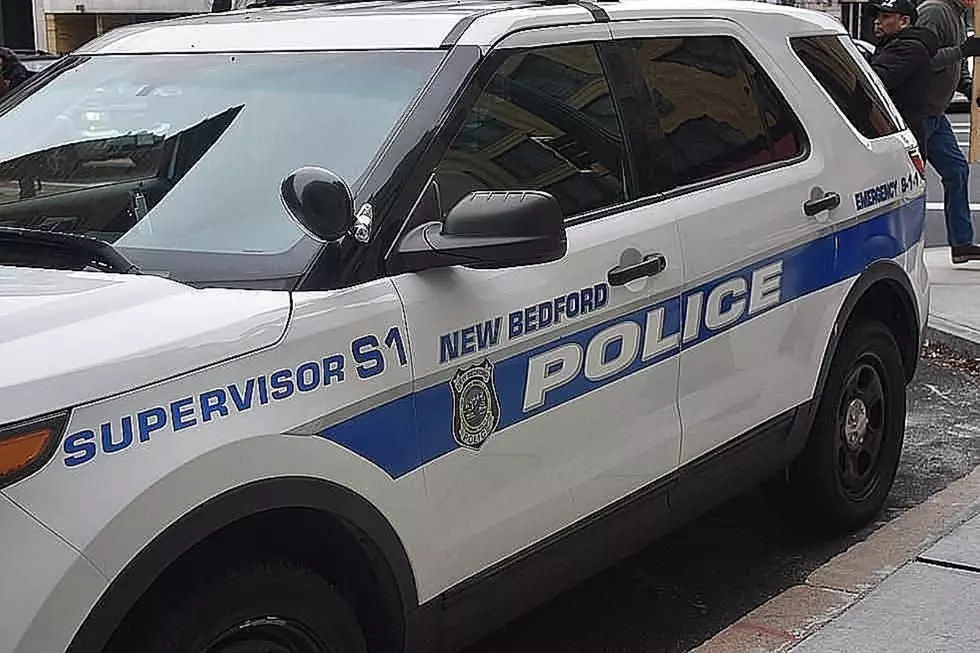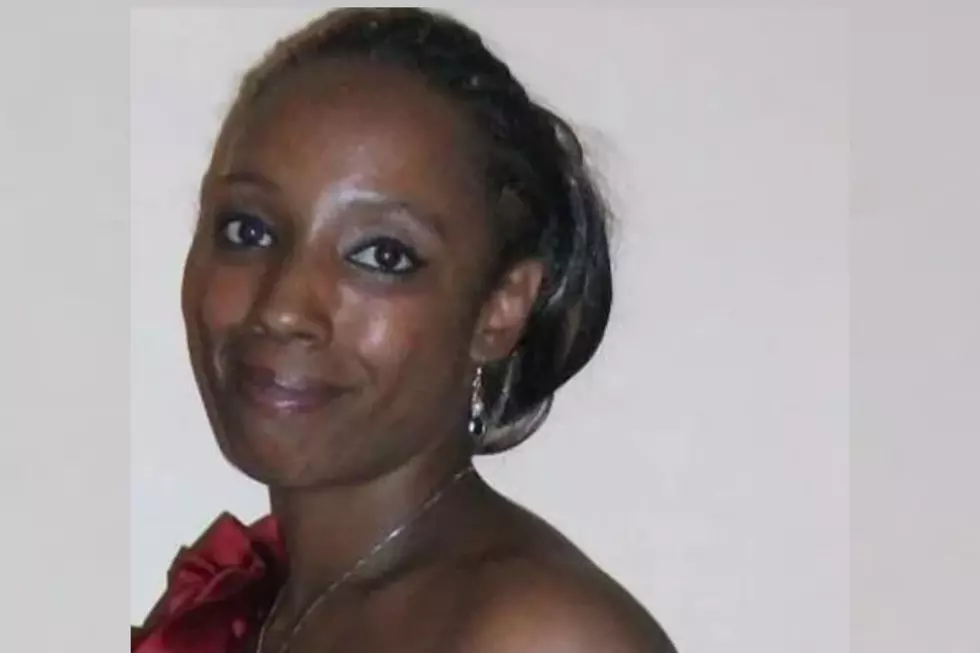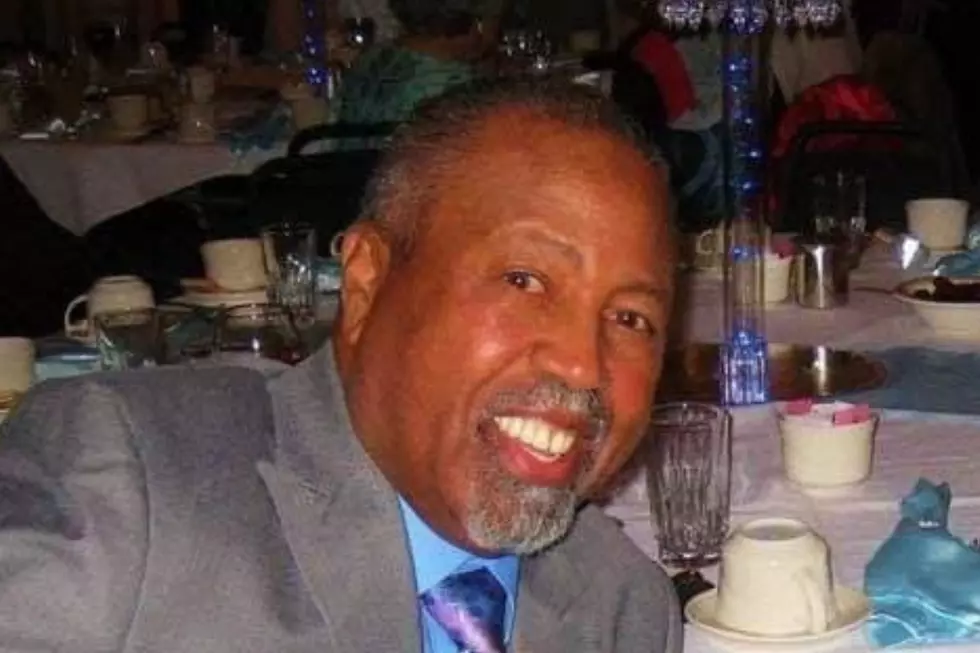
Koonce Commutation Scrutinized, Applauded At Hearing
BOSTON — Facing the prospect of a commutation that would make him eligible for parole after three decades behind bars, convicted murderer Thomas Koonce said Wednesday that he takes "full responsibility" for shooting and killing a New Bedford man in 1987.
But after hours of Koonce's acquaintances and family testifying about the extensive work he has done to rehabilitate himself and help others, the 54-year-old faced pointed questioning from the Governor's Council over the specific circumstances of the crime years ago.
Councilors Christopher Iannella and Robert Jubinville grilled Koonce about the legal status of the firearm he used to shoot and kill Mark Santos, Koonce's actions leading up to the altercation between groups of young adults from New Bedford and Brockton, and the angle of the gun when Koonce pulled the trigger.

As the not-yet-completed commutation hearing stretched well into its sixth hour, it was not clear where the eight-member Governor's Council stood on whether to approve Gov. Charlie Baker's proposal to reduce Koonce's sentence from first-degree murder to second-degree murder.
Koonce opened his remarks by apologizing to the Santos family, which remains opposed to his commutation request, saying that he knows their lives "will never be the same."
"I take full responsibility for taking his life," Koonce said of Santos. "My life will be forever dedicated to giving back to society."
Baker announced on Jan. 12 that he wanted to commute the first-degree murder sentences of Koonce and 48-year-old William Allen.
In both cases, Baker proposed reducing their sentences to second-degree murder, which would make both men eligible to seek release from prison on parole.
About a dozen speakers testified Wednesday in favor of Koonce's commutation bid, including Conan Harris, a formerly incarcerated man who today is married to Congresswoman Ayanna Pressley and credited Koonce as a key figure in developing a restorative justice program at MCI-Norfolk; Bristol County's top prosecutor, District Attorney Thomas Quinn; and Koonce's son, Thomas Andrews.
Andrews was born about a month before Koonce began his prison sentence and has only ever known his father behind bars.
"We could talk on the phone, but I haven't been able to see him outside of the prison," Andrews told the council. "Prison is not a place I want to be or associate with. Even visiting, it's very emotionally — it takes a toll, a large toll."
Still, he said Koonce has had an enormous impact on his life, making extensive efforts to keep in touch and to track his son's interests. Through his father, Andrews said, he learned that "every decision matters" and the enormous costs of a single terrible choice.
"What he's done for other people he's helped on the inside, he's also put in my ear. He taught me to never give up and to never stop doing the right thing. That followed me through everything," Andrews said.
Nickolas DeJarnette, who like Harris is formerly incarcerated, praised Koonce for playing a "major role" in his rehabilitation and his successful transition into society outside of prison.
Life in prison can be "toxic," DeJarnette said, with pitfalls at every turn. DeJarnette recalled that Koonce securing his degree from Boston University's prison education program encouraged him to take a similar path.
"I love this man so much, I don't even call him a friend, I call him my brother," DeJarnette said. "I don't know where my life would be if I didn't cross paths with Thomas Koonce, but I know I am the evidence of who he is today."
Koonce's prison chaplain, Pastor Donald Horsman, told the council that he believes Koonce has "gone through the healing process" and "done the work" necessary for rehabilitation.
Horsman said Koonce has accrued only two disciplinary reports — a fact he called "miraculous" — and made a positive impression on fellow inmates and correctional officers.
"I believe he's going to spend the rest of his life leading others through a process of change and transformation, leading them in a process of healing, and really meeting them where they are and eventually releasing them to the world to make a difference. That's what he wants to do the rest of his life," Horsman said. "I really believe he's ready."
No one spoke in opposition to the proposed commutation on Wednesday, though the victim's family has already made clear they want Koonce to remain in prison for life.
Iannella, who presided over the hearing, read into the record a letter that he said Santos's parents sent to Baker on Oct. 26.
In their letter, they said their oldest son continues to self-medicate due to grief over Mark Santos's death and that the tragedy was the "catalyst" for lifelong depression with which Mark's older sister still grapples.
Whenever the Santos family feels they are making forward progress, they wrote, "Koonce brings us back to July 21, 1987."
"We have served 33 years of our life sentence, and he has only served 28 years. If Koonce's sentence is shortened, what board should we go to for our sentence reduction?" the Santos parents wrote. "Our family is asking your honor not to renege on a promise the state of Massachusetts made to our family in 1992. It was the promise of life in prison without a chance at parole that ensured our family that we deserved justice for our loved one."
Koonce, a former U.S. Marine, has been in prison since 1992 on a life sentence without parole for the first-degree murder.
He originally rejected a proposed deal with prosecutors to plead guilty to manslaughter, which would have carried a maximum 10 years in prison.
At his hearing Wednesday, Koonce recounted the night out with friends while he was on leave from the Marine Corps that ended in Santos's murder.
Koonce and his friends became entangled in a fight between groups from New Bedford and Brockton.
At one point, Koonce said, he was in a car while several people began bearing down on the vehicle in a threatening manner.
He told councilors that he rolled the vehicle window down and held his gun over his right shoulder while leaning back, intending to fire a "warning shot" to scare off the crowd. At that time, the driver sped away from the curb, Koonce said.
The single bullet he fired struck and killed Santos. Questioning Koonce's description of a warning shot, Jubinville said the bullet entered Santos's left side at a downward trajectory.
"You weren't shooting into the air. You were shooting in the direction of those people," Jubinville said.
Koonce unsuccessfully sought commutation in 2010 before the latest effort won the support of the state Advisory Board of Pardons and then Baker's recommendation.
Iannella said he expects the council to vote on the commutation request on Feb. 16.
If the panel supports it, Koonce's sentence would drop to second-degree murder and he would be able to request release on parole.
"The bottom line is if the vote is favorable by this council, he will probably be a free man, I would say, in about four and a half months," Iannella said.
In a rare step, support for scaling back Koonce's sentence also came from the current district attorney in the office that put him behind bars.
Bristol County District Attorney Thomas Quinn, who did not personally work on Koonce's case in 1992 but today leads the office responsible for securing the first-degree murder conviction, told the council that the commutation would be "a just and appropriate result."
Koonce has a better understanding now about the "gravity of his actions and the irreparable harm he has caused the family of Mark Santos" than he did when he first sought a commutation in 2010, Quinn said.
The DA noted that reducing Koonce's sentence from first-degree murder to second-degree murder would preserve his conviction for the crime while giving him a chance to leave prison after three decades.
"Commuting his sentence does not minimize his actions, which are very serious, but acknowledges the extraordinary efforts he made to reform his life," Quinn said. "For him to serve the rest of his life in prison without an opportunity for parole would not be fair or just under all of the circumstances presented in this case."
Quinn's appearance opened the door for debate among the council over the initial prosecution of Koonce's case, with some members contending that a second-degree murder charge would have been more appropriate for the facts of the case, and more broadly over whether the Bay State's district attorneys "overcharge" defendants.
And as that broader conversation drew to a close, Iannella reflected on the significance of Quinn's testimony in favor of reducing the sentence.
"I can't recall ever, ever a district attorney going to a commutation and speaking in support of a commutation," Iannella said. "They either speak against or they take no opinion. A real courageous act today, District Attorney."
Baker's proposed commutations are the first during his seven years in office.
Commutations, once more common, have grown rare in Massachusetts.
Between 1973 and 1979, the Governor's Council approved a total of 70 commutation recommendations, including 25 for first-degree murder convictions, filed by Govs. Francis Sargent, Michael Dukakis and Edward King.
But since 1997, the council has only awarded one commutation, reducing the drug-related sentence for Deanne Hamilton in 2014.
— Chris Lisinski, State House News Service
25 True Crime Locations: What Do They Look Like Today?
How Many in America: From Guns to Ghost Towns
More From WBSM-AM/AM 1420









